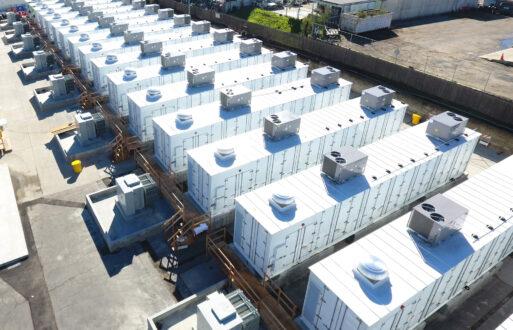As we look to decarbonize our grid, understanding what dispatchable generation and dispatchable power are becomes crucial. The energy industry is balancing the need for reliable, dispatchable power from traditional fossil-fuel based sources with the integration of more intermittent clean energy renewables.
To better understand the differences between dispatchable and intermittent power generation and load, we’ve put together the following Q&A, answering a handful of the most frequently asked questions.
What is dispatchable generation?
Dispatchable generation refers to power sources that can be adjusted on demand by grid operators to match supply with electricity demand. Examples of dispatchable generation include coal-fired plants, natural gas plants, and large hydroelectric plants that can quickly ramp up or down depending on the grid’s needs.
What is dispatchable power?
Dispatchable power is the capacity of these generation resources to provide reliable electricity when needed. It plays a fundamental role in grid stability by ensuring that fluctuations in demand can be met in real-time, which is critical in maintaining uninterrupted power supply and avoiding outages.
What is a dispatchable asset?
A dispatchable asset is an electric power resource, such as a power plant, that can quickly adjust the amount of electricity it supplies to the grid. Dispatchable assets can be ramped up to provide more electricity to meet demand, or they can be dialed back if less electricity is required.
Dispatchable assets differ from dispatchable loads, which are the flexible electricity consuming activities of customers that a grid operator can scale up or down based on overall grid conditions. For example, smart thermostats that can be adjusted by the grid operator are a dispatchable load.
What is firm dispatchable power?
Firm dispatchable power is the amount of power or power producing capacity that a generating plant or transmission facility expects to always be available. Having enough firm dispatchable power safeguards the stability of the grid by ensuring there’s enough supply to meet demand.
What is a dispatchable resource?
Dispatchable resources include most conventional power sources, such as coal, nuclear power, natural gas, and some hydroelectric generating facilities.
Many renewable resources are considered non-dispatchable because they are inherently intermittent. For example, wind and solar aren’t dispatchable because the wind isn’t always blowing and the sun isn’t always shining. However, a battery energy storage system connected to a renewables plant would be considered dispatchable because the stored electricity can be released on demand.
Most hydroelectric generators are dispatchable, but it’s important to note that some aren’t. A pumped hydro system, which moves water downhill from one reservoir to another would be dispatchable, while one that uses a single water source may, at times, be non-dispatchable as reservoir levels fluctuate. If the water drops below a certain level during an extended draught, the hydroelectric plant may no longer be able to generate electricity on demand.
What is the difference between dispatchable and non-dispatchable resources?
Availability is the primary difference between dispatchable and non-dispatchable resources. Dispatchable resources are those that can quickly provide electricity when called upon. Conversely, non-dispatchable generation resources can’t be ramped up or down to meet the needs of intermittent loads, or fluctuations in demand.
What is dispatchable capacity?
Dispatchable capacity is the maximum amount of electricity a grid operator can control and adjust at any given moment to meet customer demand.
What is an example of dispatchable generation?
Not all dispatchable generation resources are created equally. The amount of time it takes for a power plant to scale production up or down can vary from a few seconds to hours, depending on the fuel source and the complexity of the electricity generating process.
On one end of the spectrum, many hydroelectric turbines can be fully operational in less than 10 minutes. Nuclear power plants are on the other end of the spectrum, as they need 12 or more hours to become fully operational. Combustion turbines, natural gas combined-cycle systems, and steam turbines are in the middle, with natural gas combined-cycle systems requiring anywhere from 1 to 12 hours to start up.
Contact PCI Energy Solutions to learn more about how our AI-powered software tools can help utilities maximize profitability by optimizing your portfolio.
ISO/RTO Documentation Chatbot
Use our AI to search Business Practice Manuals from ISO/RTO markets at no cost.







